

2019-05-09 10:28:00 Thu ET
technology antitrust competition bilateral trade free trade fair trade trade agreement trade surplus trade deficit multilateralism neoliberalism world trade organization regulation public utility current account compliance
President Trump ramps up 25% tariffs on $200 billion Chinese imports soon after China backtracks on the Sino-American trade agreement. U.S. trade envoy Robert Lighthizer and Treasury Secretary Steven Mnuchin express frustration that China attempts to renege on prior commitments to the key bilateral resolution of perennial issues from bilateral trade deficit balance and currency manipulation to intellectual property theft and arbitrary technology transfer. Trump warns that he may impose 25% tariffs on another $325 billion Chinese imports if both sides cannot agree on a major trade deal in the next few weeks.
As the Sino-U.S. top trade negotiators continue to engage in bilateral discussions, stock market investors face dark clouds of uncertainty around whether both sides can salvage a fair trade deal. Most major stock market indices from S&P 500, Dow Jones, and Nasdaq to Shanghai, Shenzhen, and Hong Kong experience 3.5% to 6.5% hefty losses and plunges in response to the current trade standoff between China and America. As President Trump accuses China of breaking the trade deal across 7 chapters of the 150-page draft agreement, Chinese Vice Premier Liu He expresses his sincere hope that both sides can resolve contractual differences in the yearlong trade war.
If any of our AYA Analytica financial health memos (FHM), blog posts, ebooks, newsletters, and notifications etc, or any other form of online content curation, involves potential copyright concerns, please feel free to contact us at service@ayafintech.network so that we can remove relevant content in response to any such request within a reasonable time frame.
2018-06-07 10:36:00 Thursday ET
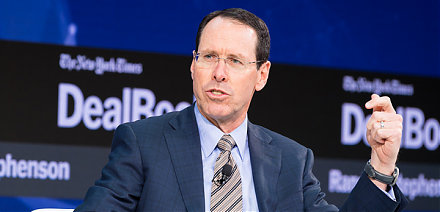
AT&T wins court approval to take over Time Warner with a trademark $85 billion bid despite the Trump administration prior dissent due to antitrust conce
2025-10-01 10:29:00 Wednesday ET
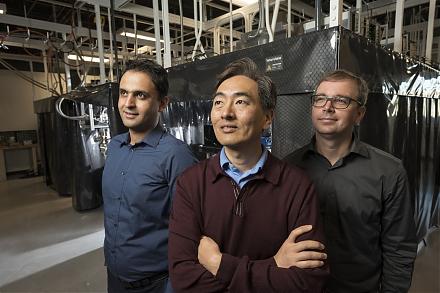
Stock Synopsis: With a new Python program, we use, adapt, apply, and leverage each of the mainstream Gemini Gen AI models to conduct this comprehensive fund
2019-05-23 10:33:00 Thursday ET
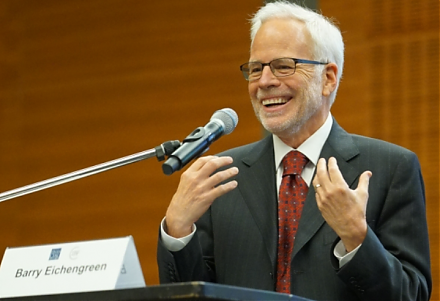
Berkeley professor and economist Barry Eichengreen reconciles the nominal and real interest rates to argue in favor of greater fiscal deficits. French econo
2019-09-11 09:31:00 Wednesday ET
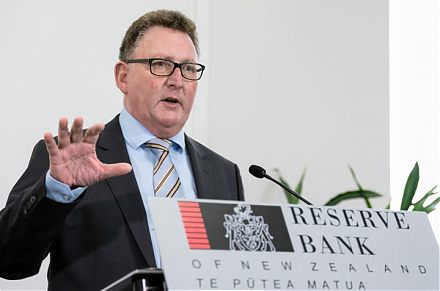
Central banks in India, Thailand, and New Zealand lower their interest rates in a defensive response to the Federal Reserve recent rate cut. The central ban
2023-10-14 10:32:00 Saturday ET

Jonathan Baker frames the current debate over antitrust merger review and enforcement in America. Jonathan Baker (2019) The antitrust paradi
2020-05-28 15:37:00 Thursday ET
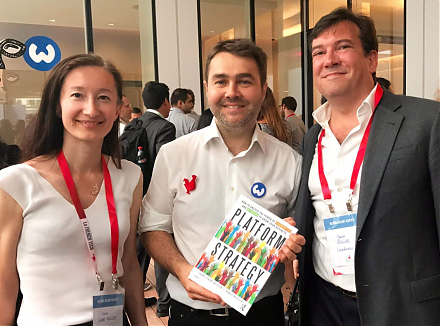
Platform enterprises leverage network effects, scale economies, and information cascades to boost exponential business growth. Laure Reillier and Benoit